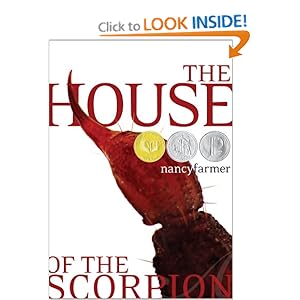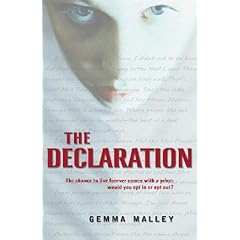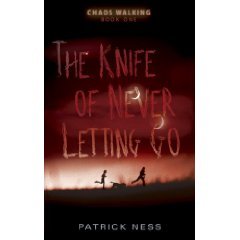Life is just one d— thing after another. ~Elbert Hubbard
Life is what happens to you while you’re busy making other plans. ~John Lennon
History with its flickering lamp stumbles along the trail of the past, trying to reconstruct its scenes, to revive its echoes, and kindle with pale gleams the passion of former days. ~Winston Churchill
Very few things happen at the right time, and the rest do not happen at all: the conscientious historian will correct these defects. ~Herodotus, The History of Herodotus
We are the prisoners of history. Or are we? ~Robert Penn Warren
Perhaps nobody has changed the course of history as much as the historians. ~Franklin P. Jones
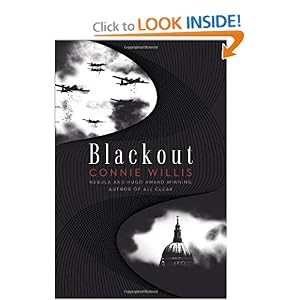 Connie Willis writes some of the best books about time travel and history and epistemology and philosophy that I have ever had the privilege of reading. I first read her novel The Doomsday Book, about time-traveling historians from the future, in 2009. In that book Kivrin, a history student at Oxford in 2048, travels through “the net” back in time to the fourteenth century. After I finished The Doomsday Book, I immediately went out and found a copy of Ms. Willis’s next time travel history book, To Say Nothing of the Dog. It’s a delightful romp in which the fate of the universe may or may not be at stake. However, the course of history and the universe is “self-correcting,” shades of LOST, so the universe is never really in danger of imploding or careening off-track. Probably. I loved it even more than The Doomsday Book.
Connie Willis writes some of the best books about time travel and history and epistemology and philosophy that I have ever had the privilege of reading. I first read her novel The Doomsday Book, about time-traveling historians from the future, in 2009. In that book Kivrin, a history student at Oxford in 2048, travels through “the net” back in time to the fourteenth century. After I finished The Doomsday Book, I immediately went out and found a copy of Ms. Willis’s next time travel history book, To Say Nothing of the Dog. It’s a delightful romp in which the fate of the universe may or may not be at stake. However, the course of history and the universe is “self-correcting,” shades of LOST, so the universe is never really in danger of imploding or careening off-track. Probably. I loved it even more than The Doomsday Book.
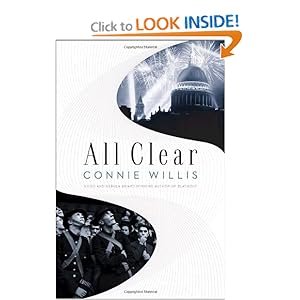 Now, in 2010, Ms. Willis has published two more future-historians-travel-through-time books: Blackout and All Clear. In these some of the same characters reappear, and the universe or the space-time continuum IS in danger of going off the rails. The focal point of all the temporal disturbance and crisis is World War II, and of course, several of our intrepid historians are criss-crossing Britain through time and space, trying to avoid the temptation to interfere in history and do something that, however well-meaning, might actually change the course of the war and end up making Hitler and the Nazis the victors. It’s not easy to observe history without changing it, however, as Polly and Mike and Eileen find out. It’s also not easy to survive the Blitz in London, even if you know about when and where the bombs are going to drop. Nor is Dunkirk a safe vantage point from which to observe heroism, even though there’s a lot of it going on.
Now, in 2010, Ms. Willis has published two more future-historians-travel-through-time books: Blackout and All Clear. In these some of the same characters reappear, and the universe or the space-time continuum IS in danger of going off the rails. The focal point of all the temporal disturbance and crisis is World War II, and of course, several of our intrepid historians are criss-crossing Britain through time and space, trying to avoid the temptation to interfere in history and do something that, however well-meaning, might actually change the course of the war and end up making Hitler and the Nazis the victors. It’s not easy to observe history without changing it, however, as Polly and Mike and Eileen find out. It’s also not easy to survive the Blitz in London, even if you know about when and where the bombs are going to drop. Nor is Dunkirk a safe vantage point from which to observe heroism, even though there’s a lot of it going on.
I have several things to say about these two novels. First of all, they’re not really two novels; it’s one novel in two volumes, just as The Lord of the Rings is one book in three parts. So be sure to have the second book, All Clear, on hand before you start the first one. And read them in order even though there’s lots of time travel involved so that events in the novel(s) don’t exactly appear in chronological order.
Second, read these books. If you liked LOST because of the mind-bending time travel and suspenseful and philosophical elements, you should like what Connie Willis has done with these two books. If you’re a WW II buff, you will find these books fascinating. If you just enjoy a good science fiction or historical fiction story, read Blackout and All Clear. And read all the way to the end. It’s worth the confusion that accompanies the 1000+ pages of the two books. (Time travel makes my head hurt—in a good way.)
 photo © 2007 freeparking | more info (via: Wylio)
photo © 2007 freeparking | more info (via: Wylio)
Finally, I think these are what I would call Christian worldview novels. It’s not blatant or didactic or obvious, but if Ms. Willis is not a Christian, she has certainly co-opted Christian values and symbols and made the books breathe a Christian ethos in a way that is both attractive and entertaining. The central images and metaphors of the novels are Christian: The Light of the World, a painting by Holman Hunt, St. Paul’s Cathedral standing above bombed-out London, The Tempest by Shakespeare, a door that opens to another world. The themes are all about redemption and sacrifice and the power of obedience to what is good and noble even when you don’t know what the outcome will be. And this conversation, between a time traveler from the future and an elderly Shakespearean actor caught in the darkest days of WW II, toward the end of the second volume, clinches it for me:
“Was that your third question?” she managed to ask.
“No, Polly,” he said. “Something of more import.” And she knew it must be. . . .
“What is it?” she asked. . . .
He stepped forward and grasped the staircase’s railing, looked up at her earnestly. “Is it a comedy or a tragedy?”
He doesn’t mean the war, she thought. He’s talking about all of it–our lives and history and Shakespeare. And the continuum.
She smiled down at him. “A comedy, my lord.”
Surely, Christians are the ones who believe that life and history are ultimately a comedy that ends in the Great Marriage Feast.
I loved these books.
Guide to the Oxford Time Travel books at The Connie Willis.net Blog.
Content consideration: These novels are adult novels, not for children, and the characters sometimes use bad language. The character Mike, in particular, does take the Lord’s name in vain on numerous occasions.
